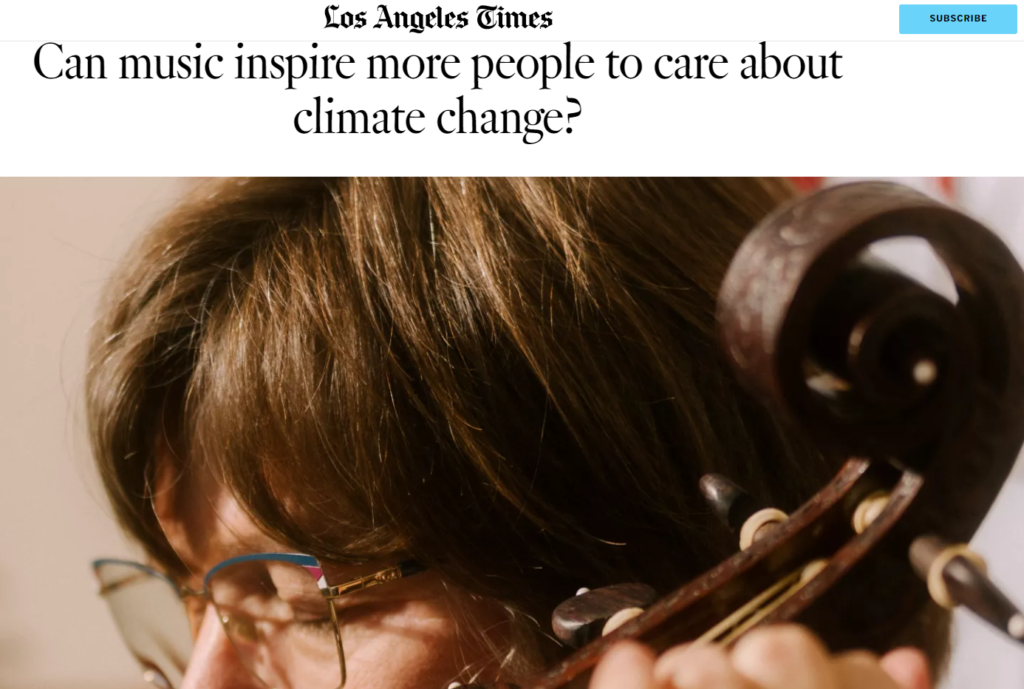This is the English translation of my Japanese article for Nikkan San, a part of my bi-weekly column, “The Way of the Pianist” to be published on April 16th, 2023.
Practicing the piano is different from playing the piano.
Practicing is a process of identifying what is difficult for you and why, and solving these difficulties. Therefore, playing a piece through from the beginning to the end is not really practicing. It’s difficult to truly admit to difficulties, and face the challenge. Whenever I fail to be intentional and willful in my own practice, I find myself playing what I can already play. Even when I make a mistake, I immediately play that same section over again, hoping miraculously that the problem will solve itself. Often, I end up making the same mistake over and over again, essentially practicing that very mistake. Numbers yield lucky, and exceptional, success – and somehow I count on that one success to become the norm, moving on to the next section.
This happens also in our reality, society and daily lives. We often prefer to do things the way we are used to, even if there are clear ways to improve them. And history does repeat itself, personally and societally, making the same mistake over and over again. With the pressure for the status quo, peer pressure, and conformity, reevaluation and reform become difficult even just to think about.
We have the same problem as pianists. With the economic and professional pressure to play as many concerts as possible, we end up on the hamster wheel, learning new pieces quickly one after the other to make it from one concert to the next. Curving out the time and energy to explore and expand our artistry becomes a challenge of its own. But I have come to question this lately. Perhaps we, as artists, are to embody our human potentials that can come from wholehearted pursuits of things beyond our immediate biological and social needs. Just as it was the case for the art of sword fighting for the samurais after the introduction of guns in their battle fields, perhaps what I should focus more on is not each success on a concert stage, but my daily practice.
A coalition I have been a member of since its very beginning, Tempo: Music for Climate Action, has been featured by the LA Times last month. Our climate crisis demand that we reevaluate and reform our social infrastructure and lifestyle. We, as scientists and musicians, are committed to devoting our expertise to doing what we can. Please join us.

Thank you for taking the time to explain the difference between practicing and performing or playing. In some situations, concert pianists especially are pressed to prepare for and present one challenging concert after another with no time for rest or rejuvenation in between. On top of that, some also teach master classes and lower-level private classes to end up working through sheer mental, physical, and emotional exhaustion. In some cases, these artists may have little personal say or control if they are working mainly for an academic institution or professional organization. The “hamster wheel” is a good analogy to show what this kind of busy life can look and feel like. I hope for all artists that they can work at a more healthy pace and still love what they do and enjoy the gift of giving their best to society, even in the presence of the new demands now of climate change.
Thank you for your comment, Pamela! I agree with you 100%.
I promote the power of music (as well as the arts), so that the society would reevaluate and recognize how vital it is to our well-being, with the hopes that there will be an economic restructuring that will make our careers in the arts more sustainable. In my opinion, right now, it subsists by imposing its artists to make too much of a sacrifice. In the end, this is detrimental to everything and everyone.